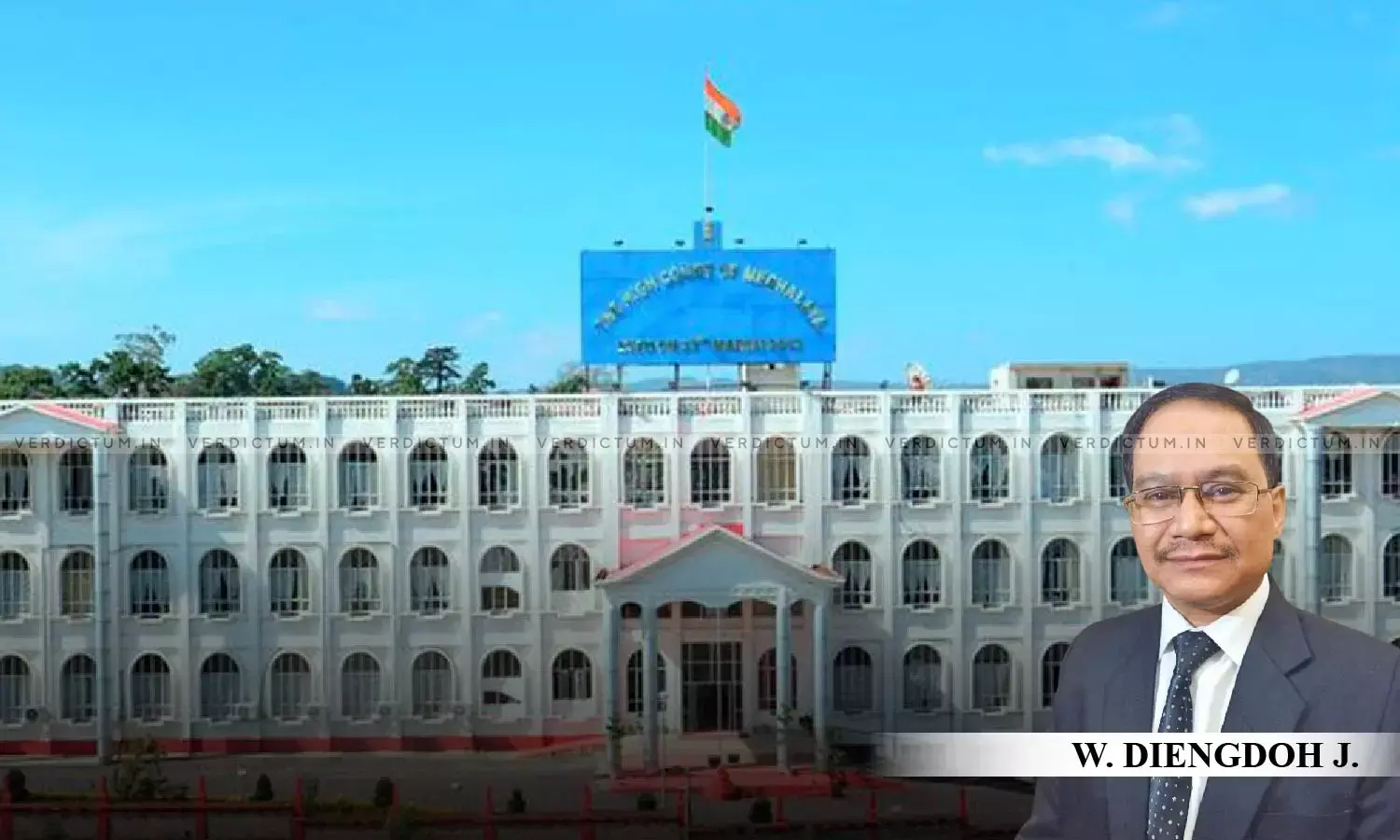MeECL Union Members Entitled To Minimum Pay Scale At Lowest Grade In Regular Pay Scale: Meghalaya HC
The Meghalaya High Court has held that the members of the MeECL Union are entitled to the minimum pay scale at the lowest grade in the regular pay scale as their counterparts in view of “equal pay for equal work.”
The Court directed the authorities in Meghalaya Energy Corporation Limited (MeECL) to provide minimum pay scales and allowances to casual and contractual employees of the MeECL Progressive Workers’ Union (Union) who were similarly situated as regular employees.
A Single Bench of Justice W. Diengdoh observed, “This Court is also of the view that the members of the petitioner/Union herein are entitled to the minimum pay scale at the lowest grade in the regular pay scale as was made applicable to their counterparts.”
Advocate P. Yobin appeared for the petitioners, while AAG N.D. Chullai represented the respondents.
The Union members, duly registered under the Indian Trade Union Act, 1926 (TU Act), approached the High Court with an application under Article 226 of the Constitution to seek directions from the Court to issue a writ of mandamus directing the respondent authorities to pay the regular casual/contractual employee with minimum pay scale with permissible allowances such as dearness allowance which was being paid to similarly placed regular employees with arrears of pay.
The High Court noted that the basis of the grievance of the members of the Union was the alleged unequal treatment to them in the matter of service vis-à-vis their counterparts in the same organisation who were regular employees. “On this score, this Court is of the considered opinion that this petition is maintainable,” the Court stated.
The MeECL contended that the claim for equal pay for equal work would exist only when there was a ‘wholesome/wholesale identity’ between the holders of two posts and further that even if the designation of the job was the same, difference in educational or technical qualifications was to be taken into account.
The Court clarified that the case of the Union was not for equation of posts or determination of pay scale, but that there already existed same category of posts. “What is evident is that there are now two classes of employees, one regular and another temporary, performing the same nature of work by the same designation and drawing two different sets of pay scales,” the Bench remarked.
Referring to the decision of the Supreme Court in State of Punjab v. Jagjit Singh (2017), wherein it was established that an employee in a welfare state engaged for the same work cannot be paid less than another who performs the same duties and responsibilities, the Bench stated that the members of the Union were entitled to the minimum pay scale at the lowest grade in the regular pay scale as was made applicable to their counterparts.
Consequently, the Bench directed the authorities in the MeECL to ensure that the members of the Union were being paid equal pay for equal work.
Accordingly, the High Court allowed the petition.
Cause Title: MeECL Progressive Workers’ Union v. The State of Meghalaya & Ors. (Neutral Citation: 2024:MLHC:632)
Appearance:
Petitioners: Advocates P. Yobin and S. Singpho
Respondents: AAG N.D. Chullai; GA E.R. Chyne; Advocates A.S. Pandey and R. Colney












